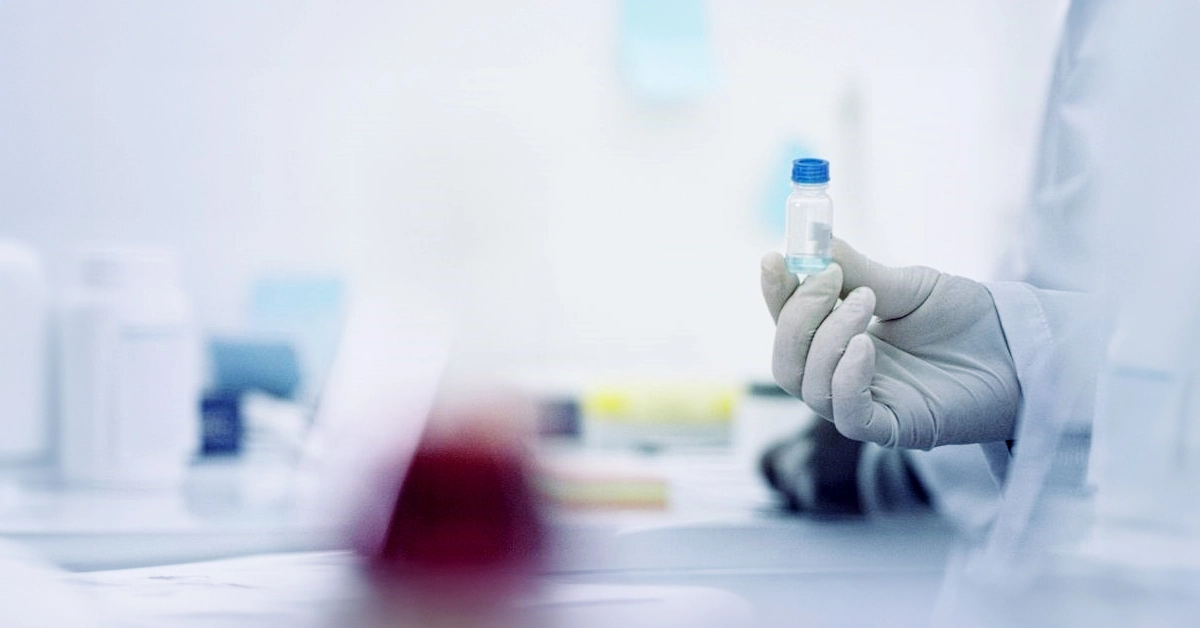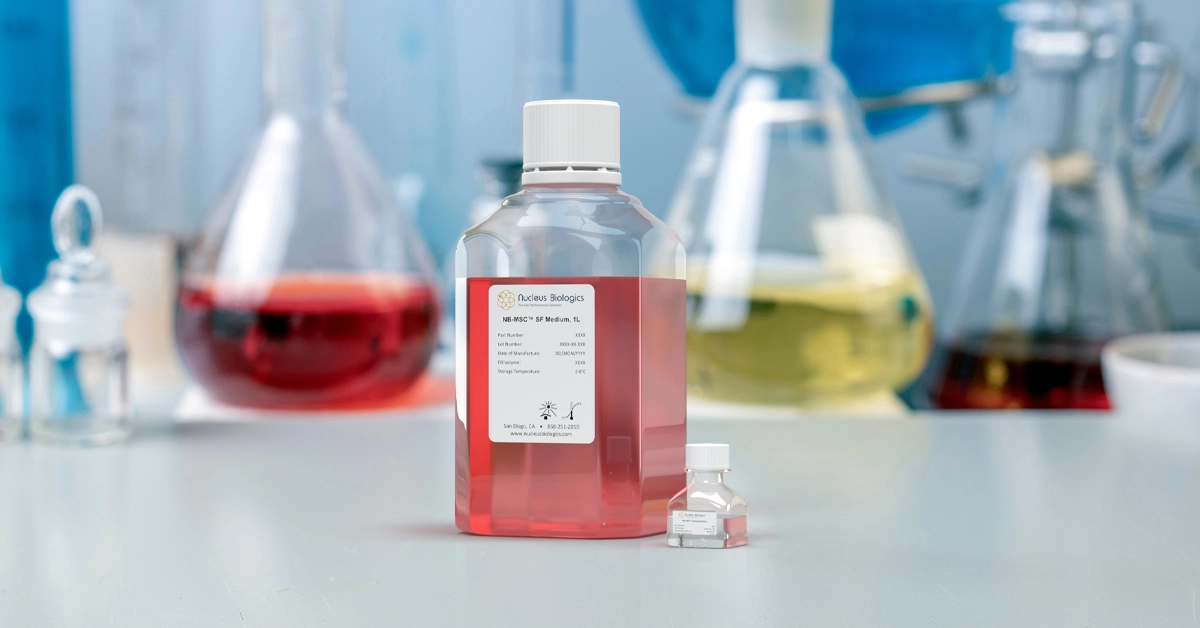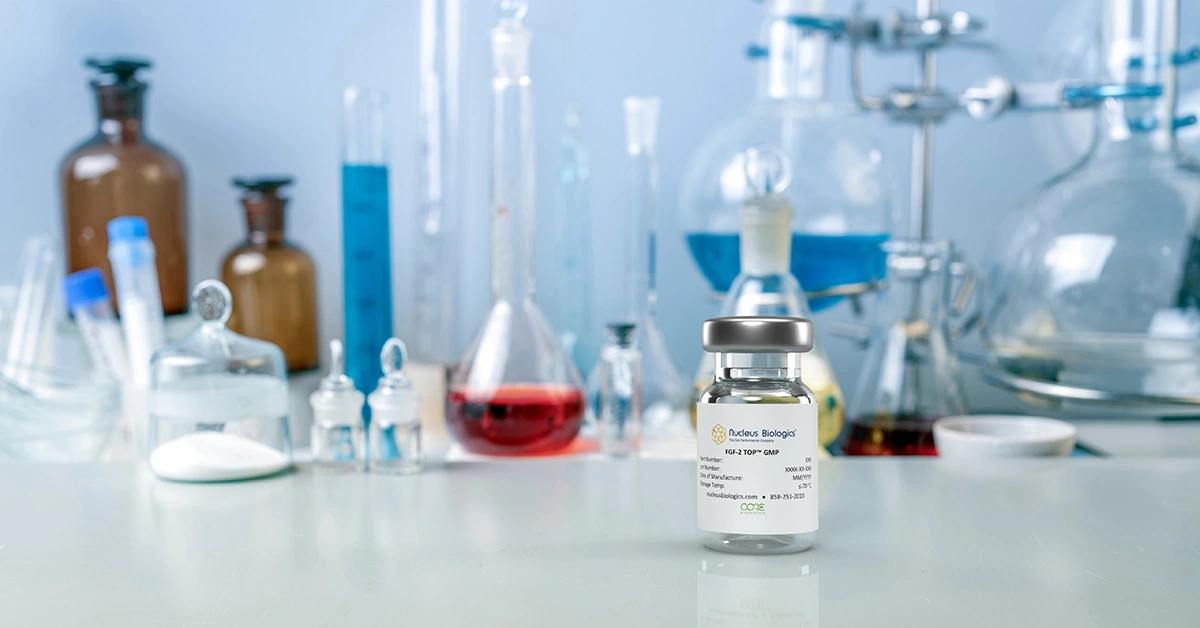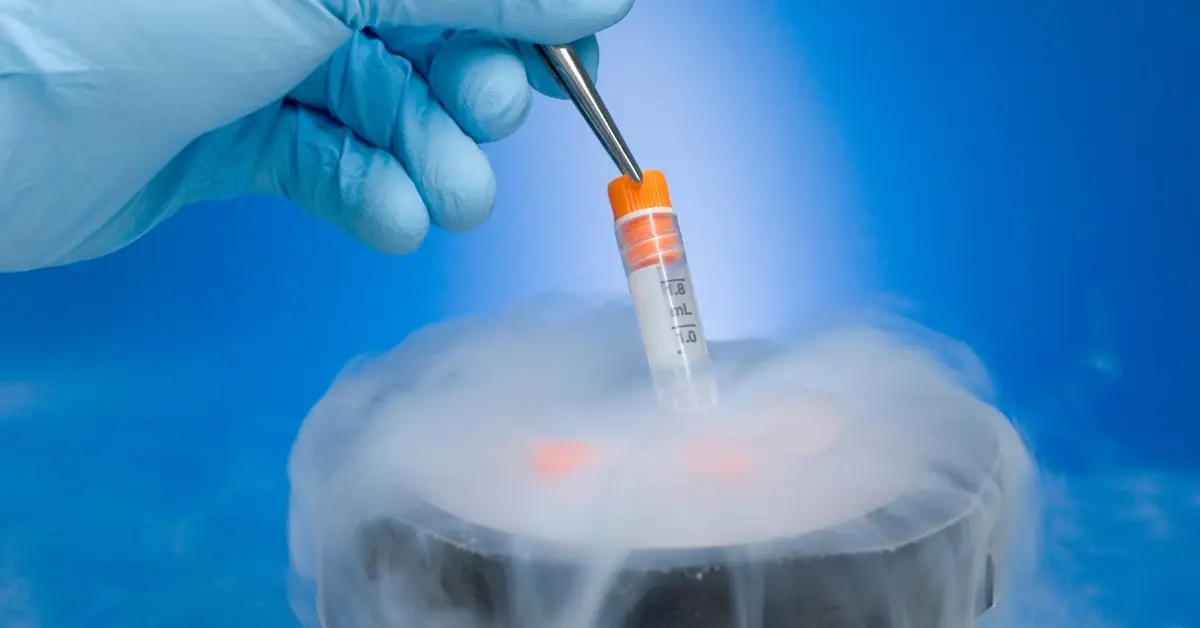As scientists strive to develop “universal” CAR T cells, safety and toxicity issues have been among the hardest to solve.
The cell and gene therapy industry has been buzzing with news of “off-the-shelf” cell therapies— genetically modified immune cells that are cryopreserved and stored on-site at clinics and hospitals to be used when and where they are needed.
This kind of availability will only be achieved once allogeneic rather than autologous CAR T cell therapies are approved. The main difference between the two is this: autologous therapies are derived from a patient’s own T cells, while allogeneic therapies are derived from healthy donor T cells. Because the number of healthy T cells available from a patient impacted by cancer is limited, sourcing enough cells for treatment is extremely difficult unless healthy donors can also be used as a source.
Despite the challenges, multiple allogeneic CAR T cell therapies are now in clinical trials, and the technology is closer than ever to being realized. Nevertheless, toxicity is still a major concern, not only for allogeneic therapies, but for autologous CAR T cell therapies already on the market.
When it comes to this type of therapy, toxicity and efficacy are intertwined [1] . Cell therapies like CAR Ts have significant side effects because they trigger the patient’s immune system. The ability to launch a strong immune attack against the intended target, cancer cells, is crucial for treatment success. The problem is that any treatment of this type can also have off-target effects. An inappropriately outsized immune response can lead to two exceedingly dangerous conditions known as cytokine release syndrome (CRS), and immune effector cell-associated neurotoxicity syndrome (ICANS). In the former, a cascading release of inflammatory cytokines send the body into sometimes fatal immune shock. In the latter, a potentially life-threatening neurotoxicity can cause tremors, delirium, confusion, and even coma. Ironically, higher doses of CAR T therapy, while more effective against cancer, raise the risk of these and other dangerous immune reactions.
Allogeneic CAR T cells carry yet another grave risk that autologous treatments do not. Graft versus Host Disease, or GvHD, is the result of the inherent immunologic mismatch between the donor and patient. GvHD is a well-known complication that can be mild or severe, and can cause the immune cells administered as a treatment to be rejected and attacked, leading to illness and potential disease relapse.
Over the last several years, scientists have been developing strategies to solve or at least mitigate the toxicity issues to which allogeneic cell therapies are prone. As we’ve mentioned before, the culture media that therapeutic cells are grown in can help or hinder efficacy and safety. As the FDA enforces stricter cell culture media quality guidelines, it is important to source media with transparent composition and components that are tailored to support critical quality attributes.
There are currently several different approaches to overcoming immunological risks like GvHD. One allogeneic CAR T cell therapy in a clinical trial at the Colorado Blood Cancer Institute was designed with a disrupted T cell receptor (TCR) [2] . Knocking out part of the TCR reduces GvHD risk without affecting the function of transplanted T cells against tumor cells.
Another approach takes advantage of T cell memory subsets. Memory T cells are less likely than naïve T cells to cause GvHD. Because memory-T cell subsets can be distinguished via surface markers, it is theoretically possible to generate allogeneic CAR Ts using only memory T cell subsets.
Yet another method for limiting the immune risk from allogeneic donor cells is being evaluated as part of a new CAR T cell therapy that recently completed phase 1 clinical trials [3] . Patients enrolled in this trial went through a process known as “lymphodepletion” prior to the administration of an experimental allogeneic treatment for multiple myeloma. Lymphodepletion is used to deplete the patient’s CD52-expressing immune cells. This process increases the chance that allogeneic CAR T cells will be able to persist and expand, thus prolonging their efficacy against cancer cells. The early-stage trials of this therapy have had promising results.
Some allogeneic CAR T cell models have opted to limit toxicity by knocking out both CD52 and TRAC (a protein that forms part of the TCR) in an attempt to address both GvHD and immune rejection of the infused donor cells. In a phase 1 clinical trial, physicians evaluated the safety of UCART-19, an allogeneic anti-CD19 CAR T-cell therapy [4] . So far, the therapy has demonstrated an overall acceptable safety profile, with some evidence of efficacy against B cell leukemia.
These strategies, along with other methods currently in development, further our understanding of immunology, toxicity, and the balance between safety and efficacy that must be considered with any cell or gene-based therapy. Our goal at Nucleus Biologics is to expedite cell and gene therapy development through the manufacture of advanced cell culture media supplies and technologies. To learn more about customized and xeno-free cell culture media products, please visit our website today.
References
- Chohan, K.L., Siegler, E.L. & Kenderian, S.S. CAR-T Cell Therapy: The Efficacy and Toxicity Balance. Curr Hematol Malig Rep 18, 9–18 (2023). DOI: 10.1007/s11899-023-00687-7
- Colorado Blood Cancer Institute. Safety and Efficacy of ALLO-501 Anti-CD19 Allogeneic CAR T Cells in Adults With Relapsed/Refractory Large B Cell or Follicular Lymphoma (ALPHA). ClinicalTrials.gov ID NCT03939026
- Mailankody, S., Matous, J.V., Chhabra, S. et al. Allogeneic BCMA-targeting CAR T cells in relapsed/refractory multiple myeloma: phase 1 UNIVERSAL trial interim results. Nat Med 29, 422–429. 2023. DOI: 10.1038/s41591-022-02182-7
- Benjamin R, et al. UCART19, a first-in-class allogeneic anti-CD19 chimeric antigen receptor T-cell therapy for adults with relapsed or refractory B-cell acute lymphoblastic leukaemia (CALM): a phase 1, dose-escalation trial. Lancet Haematol. 9(11):e833-e843. 2022. DOI:10.1016/S2352- 3026(22)00245-9




